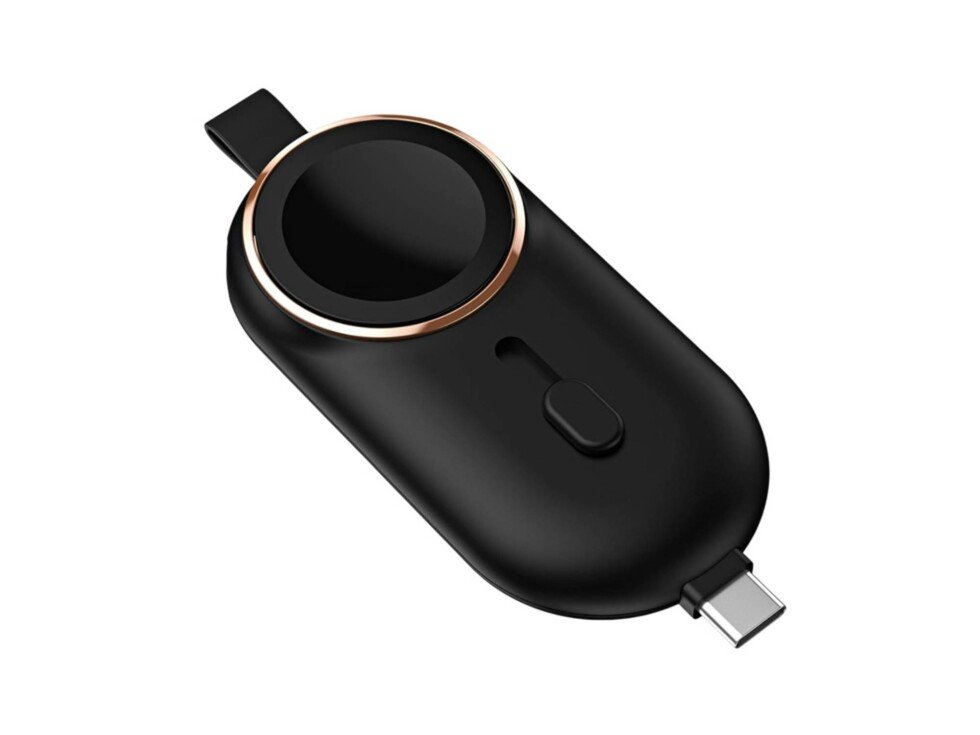Small and large planets have significantly different upbringings
The shape of a planet's orbit is one of its fundamental properties, along with its size and distance from its host star. Earth has a nearly circular orbit, but some planets outside our solar system, called exoplanets, have very elliptical orbits. UCLA astrophysicists have now measured the shape of the orbits of exoplanets — from the size of Jupiter down to the size of Mars — and shown that small planets have nearly circular orbits, while giant planets have orbits about four times more elliptical than smaller planets. The finding points toward two different pathways by which large and small planets form.
“What we found is that right around the size of Neptune, planets go from being almost always on circular orbits to very often having elliptical orbits,” said UCLA postdoctoral researcher Gregory Gilbert, the lead author of a paper describing the findings published in Proceedings of the National Academy of Sciences.
The researchers used data collected by NASA's Kepler telescope, which monitored 150,000 stars and measured dips in their brightness caused by transiting planets to discover thousands of exoplanets. The measurements of stellar brightness over time are called light curves. The researchers performed a detailed analysis of the light curve dips to extract information about the shape of the planets' orbits.
One of the most challenging aspects of this project was ensuring every single one of the 1,600 light curves was modeled with care.
“If stars behaved like boring light bulbs, this project would have been 10 times easier,” said co-author Erik Petigura, a UCLA physics and astronomy professor. “But the fact is that each star and its collection of planets has its own individual quirks, and it was only after we got eyes on each one of these light curves that we trusted our results.”
This is where UCLA undergraduate Paige Entrican came in. Entrican built a custom visualization tool kit and manually inspected each light curve.
“Reviewing the data was a meticulous process that required careful inspection of all data products to ensure the validity of our results. Several times during this project, I identified failure modes that only affected 1% of all our stars. But we needed to update our analysis to be robust to these issues and go back and reprocess the entire data set,” Entrican said.
The eccentricity split coincides with several other iconic features in the exoplanet population, such as the high abundance of small planets over large planets and a tendency for giant planets to form only around stars enriched in heavy elements such as oxygen, carbon and iron. Astronomers call these heavy elements metals.
“Small planets are common; large planets are rare. Large planets need metal-rich stars in order to form; small planets do not. Small planets have low eccentricities, and large planets have large eccentricities,” Gilbert explained.
The coincidence of trends in abundance, metallicity and eccentricity points to two distinct pathways for forming small and large planets.
“To see a transition in the eccentricities of the orbits at this same point tells us there really is something very different about how these giant planets form versus how small planets like Earth form. That's really the major discovery to come out of this paper,” Gilbert said.
Scientists think that planets form when small space rocks fuse to form bigger rocks until eventually they form a planet that can be about the size of Earth or, if the planetary core is very large, up to 10 times bigger than Earth. At this point, the planet is large enough to hold onto large amounts of hydrogen and helium and becomes a gas giant like Jupiter and Saturn in our solar system. Planets larger than Neptune are somewhat rare because they must undergo runaway accretion, a feedback loop of accumulating hydrogen and helium gas. But this can usually only happen if they also are orbiting a star that contains large quantities of elements heavier than helium.
Larger planets with eccentric orbits also point to a more chaotic period of formation, during which planets interact via gravitational forces to produce noncircular orbits. For example, eccentric giant planets probably stir up their neighbors more frequently, causing giant impacts such as the one that produced Earth's moon. In exoplanetary systems, these collisions can be much more violent, involving the mergers of two planets much larger than the Earth.
“It's remarkable what we've been able to learn about the orbits of planets around other stars using the Kepler Space Telescope,” Petigura said. “The telescope was named after Johannes Kepler, who, four centuries ago, was the first scientist to appreciate that the planets in our solar system move on slightly elliptical rather than circular orbits. His discovery was an important moment in human history because it showed that the sun, rather than the Earth, was at the center of the solar system. I'm sure Kepler, the man, would be delighted to learn that a telescope named in his honor measured the subtle shapes of orbits of Earth-size planets around other stars.”
Source link







